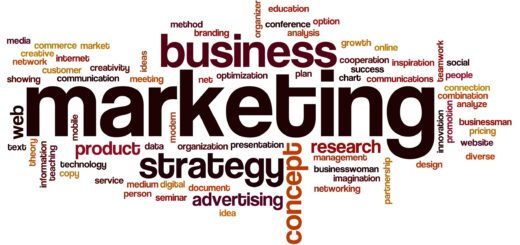Exploring the Impact of AI Tools in Today’s World
by admin ·
Artificial Intelligence (AI) has rapidly evolved from a futuristic concept into an integral part of our daily lives. AI tools are not just transforming industries; they are reshaping how we think, work, and interact with technology. In this article, we will explore some of the most impactful AI tools currently available, their applications, and the potential future of AI in various sectors.
What Are AI Tools?
AI tools are software applications that utilize artificial intelligence algorithms to perform tasks that typically require human intelligence. These tasks include learning, reasoning, problem-solving, perception, and language understanding. AI tools can range from simple applications like chatbots to complex systems like autonomous vehicles.
Key AI Tools and Their Applications
1. Natural Language Processing (NLP) Tools
NLP tools, such as OpenAI’s ChatGPT and Google’s BERT, are designed to understand and generate human language. They are used in various applications, including:
- Chatbots and Virtual Assistants: These tools enhance customer service by providing instant responses to inquiries, thereby improving user engagement.
- Content Creation: Writers and marketers use AI to generate blog Ai Tools posts, social media content, and even news articles, streamlining the content production process.
- Sentiment Analysis: Businesses use NLP tools to analyze customer feedback and social media interactions, helping them gauge public sentiment about products and services.
2. Machine Learning Platforms
Machine learning platforms like TensorFlow and PyTorch allow developers to create algorithms that can learn from and make predictions based on data. Key applications include:
- Predictive Analytics: Companies can forecast trends, sales, and customer behavior, enabling data-driven decision-making.
- Fraud Detection: Financial institutions use machine learning to identify unusual patterns in transactions, reducing the risk of fraud.
3. Computer Vision Tools
Computer vision technology enables machines to interpret and make decisions based on visual data. Applications include:
- Facial Recognition: Used in security systems and personal devices, this technology enhances security but raises ethical concerns regarding privacy.
- Medical Imaging: AI tools assist doctors in analyzing X-rays and MRIs, leading to more accurate diagnoses and improved patient care.
4. Robotics and Automation Tools
AI-powered robots are revolutionizing industries such as manufacturing and logistics. Key tools include:
- Industrial Robots: These robots automate repetitive tasks, increasing efficiency and reducing human error.
- Drones: Used in agriculture, delivery services, and surveillance, drones equipped with AI can navigate and make decisions autonomously.
5. AI in Creative Fields
AI is also making its mark in creative industries. Tools like DALL-E and Runway enable artists and designers to:
- Generate Artwork: Artists can collaborate with AI to create unique pieces, pushing the boundaries of creativity.
- Music Composition: AI tools can compose music, providing inspiration for musicians and offering new sounds to explore.
Challenges and Ethical Considerations
While AI tools offer significant advantages, they also present challenges:
- Job Displacement: As AI automates more tasks, there are concerns about job losses in various sectors.
- Bias and Fairness: AI systems can perpetuate biases present in their training data, leading to unfair outcomes.
- Privacy Concerns: The use of AI in surveillance and data collection raises ethical questions about privacy rights.
The Future of AI Tools
As technology advances, the capabilities of AI tools will continue to expand. We can expect:
- Enhanced Personalization: AI will create more tailored experiences for users in fields like e-commerce and entertainment.
- Greater Collaboration: AI tools will increasingly augment human capabilities, leading to new forms of collaboration across industries.
- Regulatory Frameworks: Governments and organizations will likely develop regulations to address ethical concerns, ensuring that AI is used responsibly.
Conclusion
AI tools are undeniably transforming our world, offering unprecedented opportunities across various sectors. As we harness the power of these technologies, it’s crucial to address the ethical challenges they present, ensuring a future where AI serves humanity positively and equitably. The journey of AI is just beginning, and its potential to revolutionize our lives is both exciting and profound.


